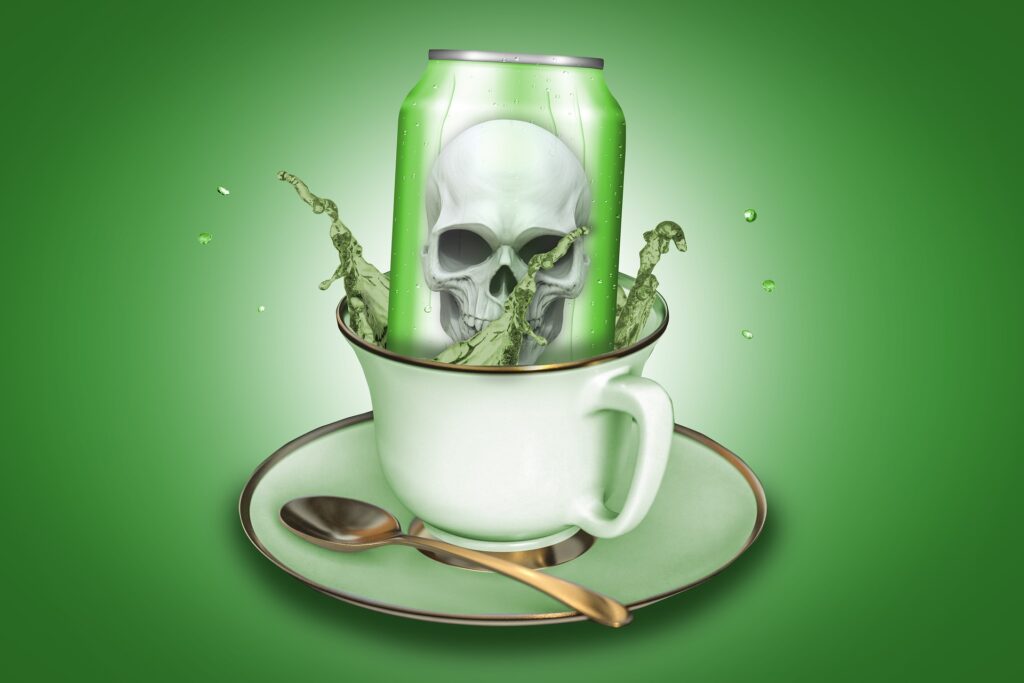Energy drinks have become increasingly popular over the years. People turn to these beverages as a quick fix for fatigue and low energy levels. However, with the growing trend of energy drink consumption, you must know the potential side effects of energy drinks. From insomnia to addiction, the negative effects of energy drinks can have serious consequences on our health.
In this article, we will take a closer look at the ingredients of energy drinks and the potential risks. So no matter how tempting they sound, get ready to learn about the hard truths of energy drinks!
8 Long-Term Side Effects of Energy Drinks
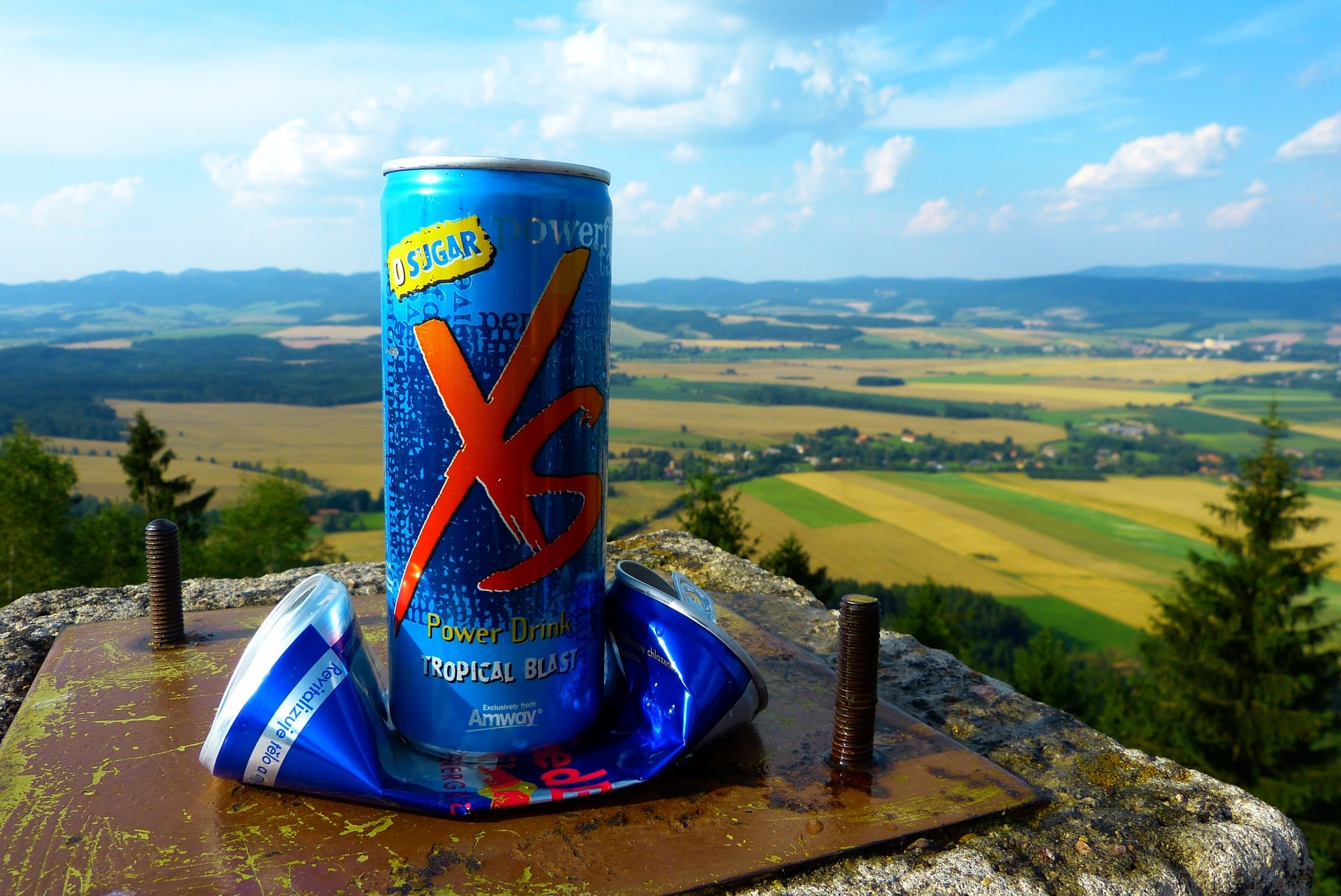
Energy drinks are a popular choice for those who need a quick boost of energy or increased alertness. Consuming these beverages can have several side effects particularly when consumed in excess. Here are some of the most common negative effects of energy drinks:
- Energy drinks increase heart rate and blood pressure, leading to potential cardiovascular problems.
- Due to their high caffeine content, energy drinks can interfere with sleep patterns. They lead to insomnia and other sleep disturbances.
- There are proven side effects of energy drinks on the brain. The stimulants and artificial sweeteners in energy drinks have been linked to headaches and migraines particularly in those who are sensitive to caffeine.
- The side effects of energy drinks on kidneys cannot be ignored either. Many energy drinks are diuretic, which can lead to dehydration and electrolyte imbalances.
- Nervousness and anxiety can be a symptom of too much energy drink .
- Furthermore, energy drinks can cause digestive issues such as nausea, vomiting, and diarrhea.
- Almost all energy drinks contain high amounts of sugar, which can contribute to tooth decay and other dental problems.
- Additionally. high amounts of caffeine and other stimulants can cause kidney damage over time.
The side effects of energy drinks on the body can vary depending on individual tolerance levels and the amount you consume. However, excessive or irresponsible consumption of energy drinks can lead to serious health problems.
Harmful Ingredients In Energy Drinks
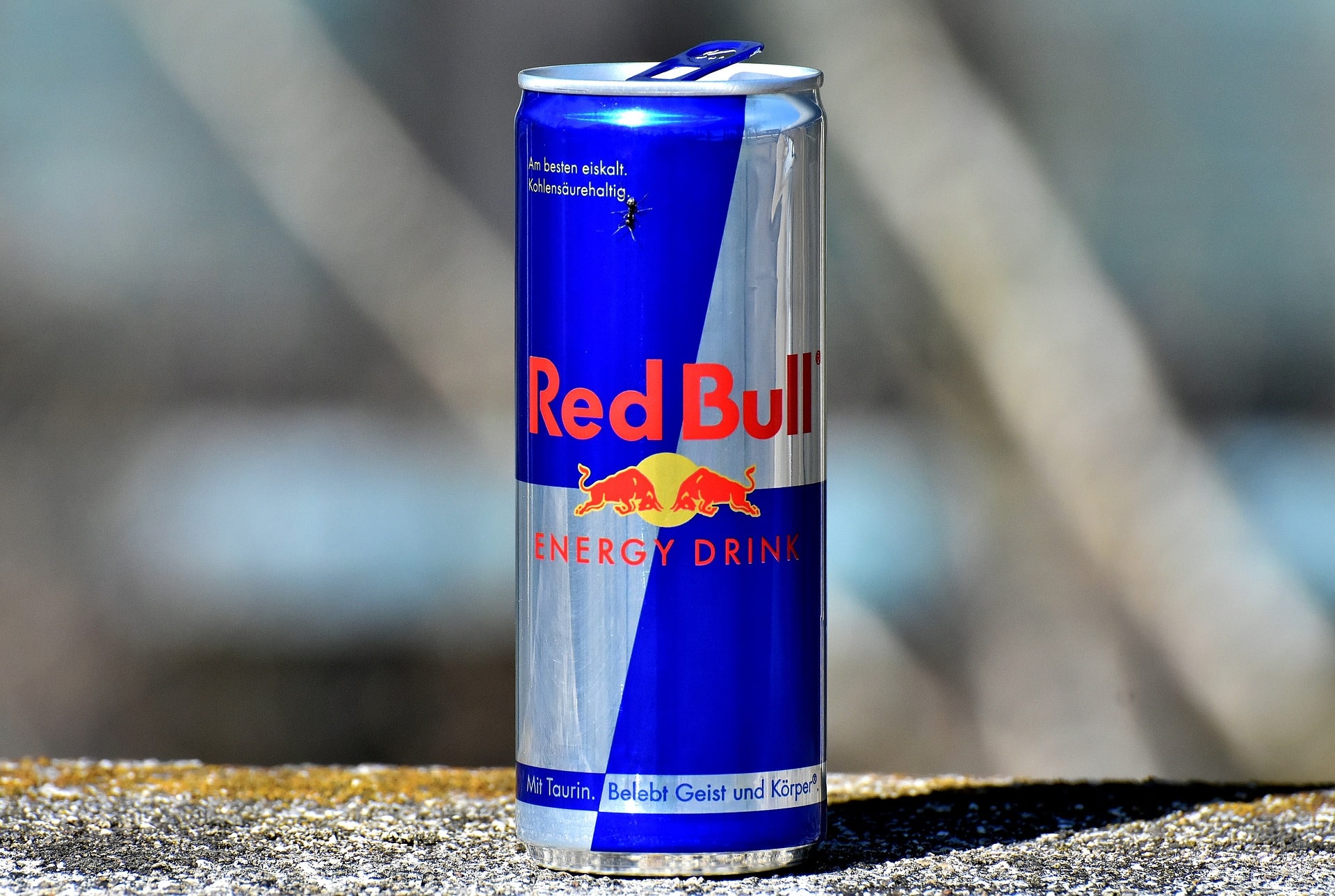
Energy drinks have become increasingly popular among adults and athletes as a way to boost energy, improve focus, and enhance performance. However, many of these drinks contain harmful ingredients that can have negative effects on health.
Here are some of the harmful ingredients found in energy drinks and their potential risks:
-
High Amounts Of Caffeine
Caffeine is a stimulant to boost alertness and focus in a central nervous system. However, many energy drinks contain high amounts of caffeine, which can lead to side effects such as insomnia, nervousness, and increased heart rate. In extreme cases, caffeine overdose can cause seizures, heart palpitations, and even death.
-
Side Effects Of High Amounts Of Sugar In Energy Drinks
Many energy drinks contain high amounts of sugar, which can contribute to tooth decay, obesity, and diabetes. The American Heart Association recommends no more than 6 teaspoons of added sugar per day for women, and 9 teaspoons for men. However, some energy drinks contain up to 20 teaspoons of sugar per serving, which greatly exceeds these recommendations.
-
Artificial Sweeteners
In order to reduce sugar content, some energy drinks use artificial sweeteners like aspartame or sucralose. Additionally, these sweeteners can also have negative effects on health. Some studies have linked artificial sweeteners to headaches, digestive issues, and increased risk of metabolic disorders like diabetes.
-
Ginseng
Some energy drinks contain ginseng, which is a plant extract that may have stimulant effects similar to caffeine. Though, ginseng has also been associated with increased blood pressure, headaches, and digestive issues.
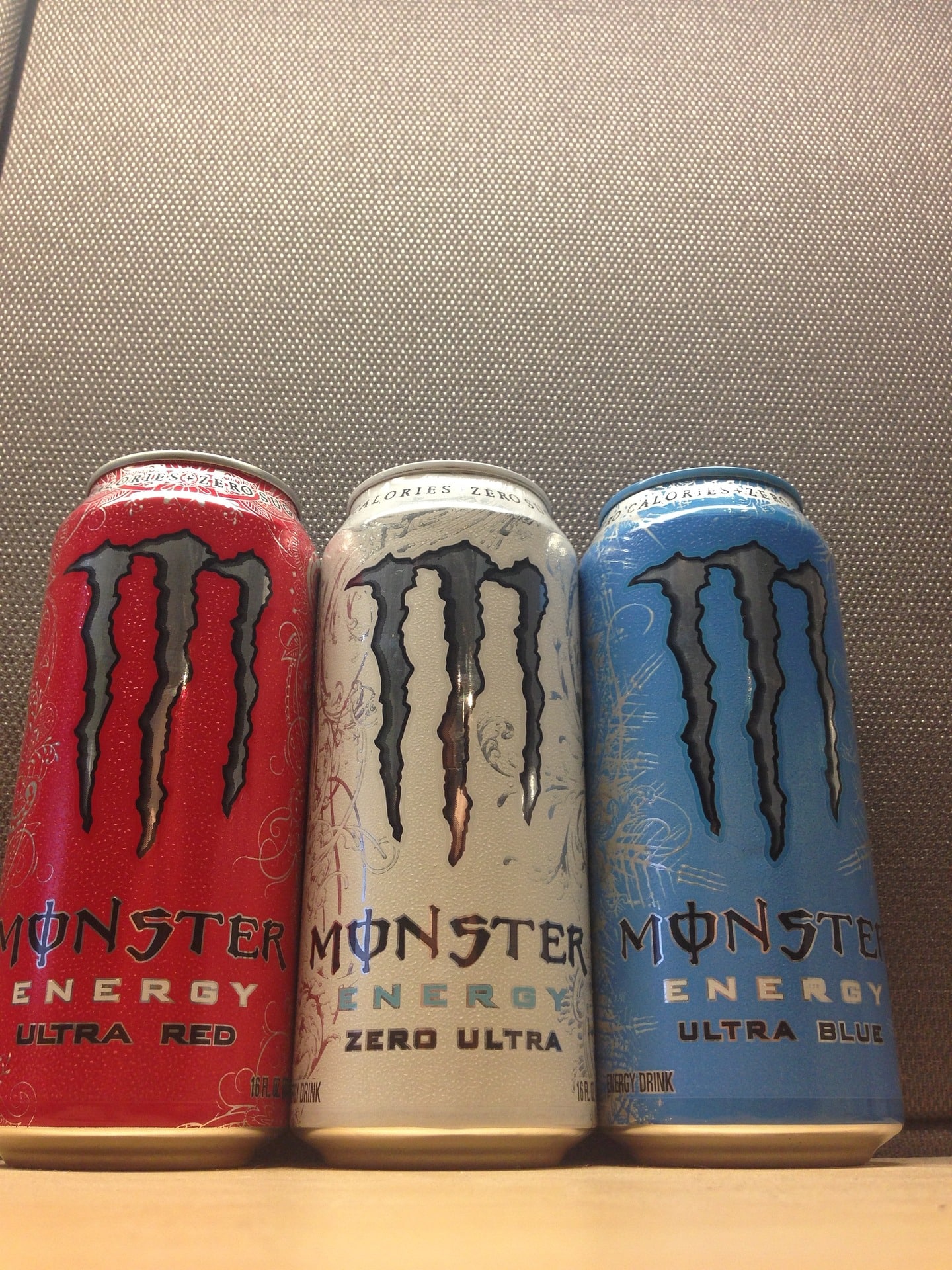
-
Excessive B vitamins
Energy drinks are often high in B vitamins like niacin, vitamin B6, and vitamin B12. While these vitamins are essential for normal bodily function, high doses can cause side effects such as flushing, itching, and nerve damage.
-
Side Effects Of Sodium In Energy Drinks
Many energy drinks contain high amounts of sodium too, which can contribute to high blood pressure and other health issues.
-
Alcohol In Energy Drinks
While not a typical ingredient in energy drinks, some brands are adding alcohol to their formulations. This can be particularly dangerous. The stimulating effects of the caffeine in the energy drink can mask the depressant effects of the alcohol. Moreover, alcohol in energy drinks lead to increased risk of alcohol-related injuries and accidents.
-
Other Harmful Ingredients
Energy drinks may also contain other harmful ingredients like high fructose corn syrup, taurine, and guarana. High fructose corn syrup has been linked to increased risk of obesity and heart disease. Moreover, Taurine and guarana also increase blood pressure, heart palpitations, and impair liver function.
Some FAQs
Does Caffeine Counts As One Of The Side Effects Of Energy Drinks?
Yes! The amount of caffeine in energy drinks is excessive. It can vary with some brands containing up to 500 milligrams per serving. So it’s important to check labels carefully and limit consumption to avoid potential side effects.
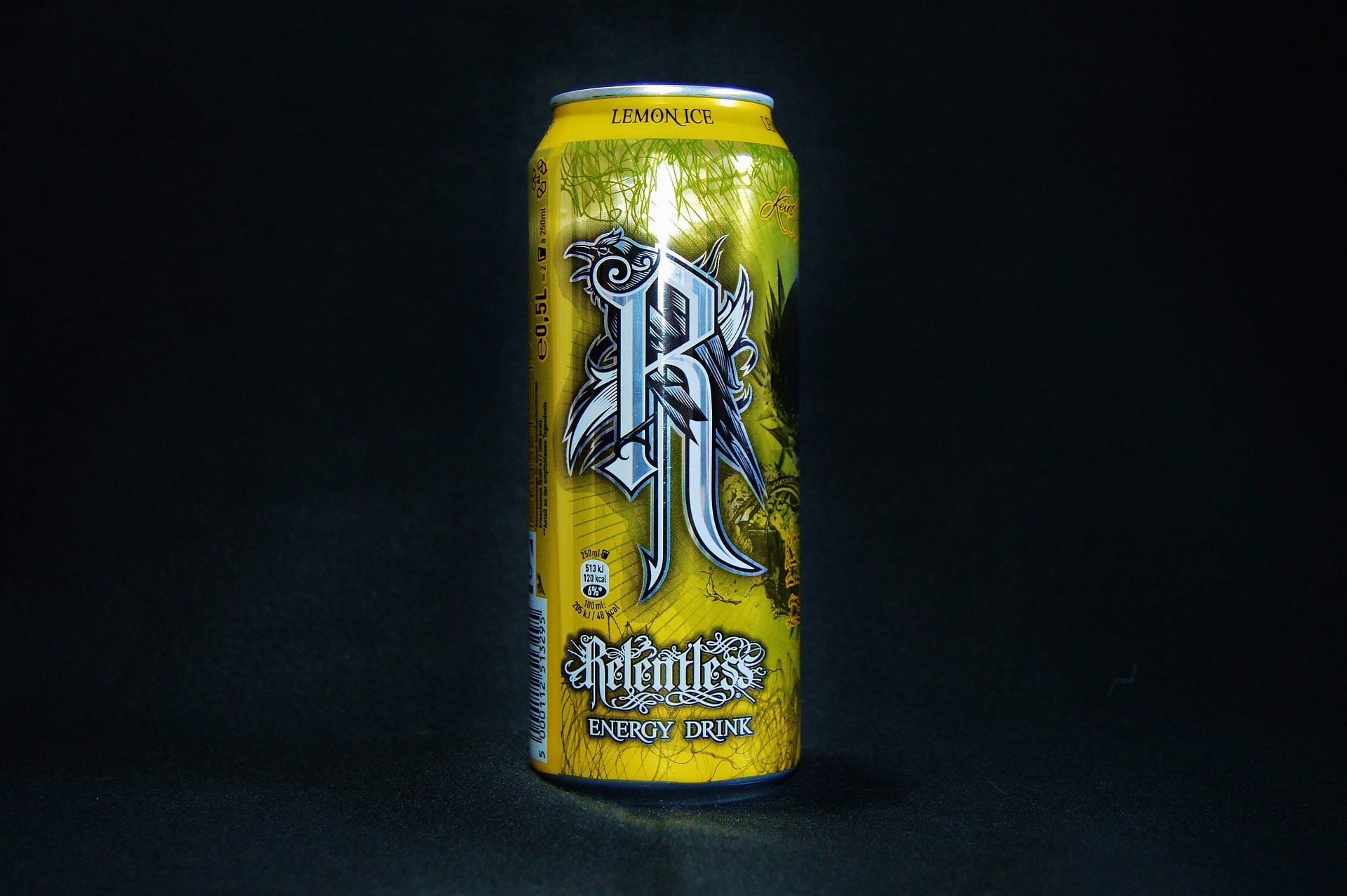
Is Dehydration One Of Side Effects Of Energy Drink?
Yes, many energy drinks are diuretic which can lead to dehydration and electrolyte imbalances if consumed in excess.
Can Energy Drinks Be Consumed During Exercise?
While energy drinks can provide a quick energy boost during exercise. Excessive consumption can lead to potential health risks. It’s important to monitor intake and speak with a healthcare provider if any concerns arise.
Which Is The Best Energy Drink?
The ideal choice depends on individual preferences and health considerations. However, some popular energy drink brands include Red Bull, Monster, and Rockstar, among others.
What Is The Top 10 Healthiest Energy Drinks?
Energy drinks are generally not considered healthy beverages. There are some healthier alternatives that provide natural energy boosts without the high sugar and caffeine content. Some of the top 10 healthiest energy drinks include:
- Matcha Green Tea
- Kombucha
- Coconut Water
- Yerba Mate
- Guayusa
- Ginseng Tea
- Apple Cider Vinegar Drinks
- B Vitamins
- Homemade Smoothies
- Fresh Juices
It’s important to note that these beverages are healthier alternatives but we still recommend them to use in moderation.
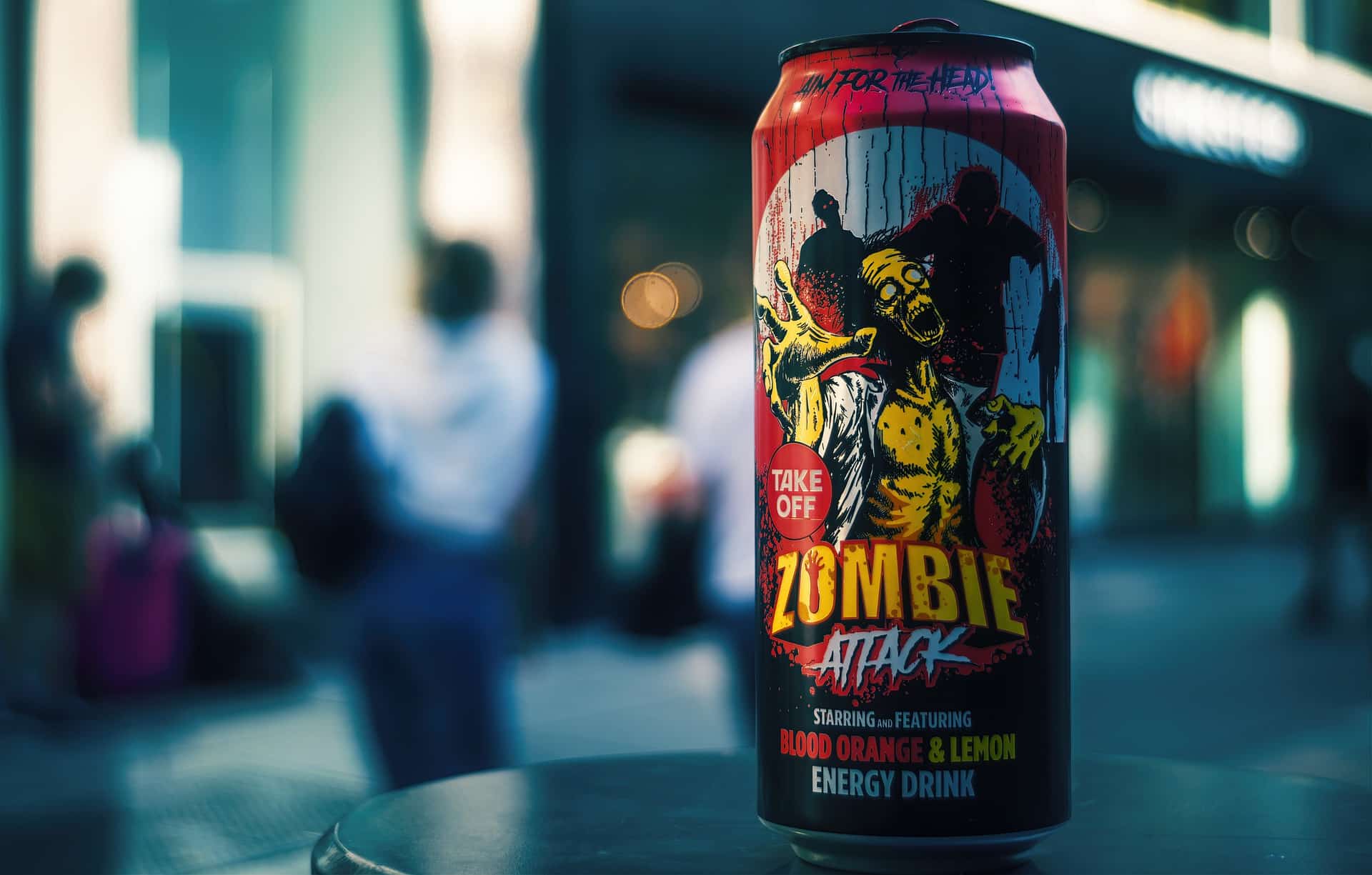
What Happens If You Drink Energy Drinks Everyday?
Drinking energy drinks everyday can increase heart rate and blood pressure, cause dehydration, insomnia, anxiety, headaches, and digestive issues. Over time, excessive consumption can also lead to more serious health problems such as heart disease and kidney damage.
What Are 3 Common Side Effects Of Energy Drinks?
Three common side effects of energy drinks include increased heart rate and blood pressure, dehydration, and insomnia.
Does An Energy Drink Count As Water Intake?
No, an energy drink does not count as water intake as it contains high amounts of sugar and caffeine. Only water is the best source of hydration and should be consumed in adequate amounts throughout the day.
In conclusion, energy drinks may seem like a quick and easy way to boost your energy levels. However, they come with potential health risks and side effects. It’s important to consume them in moderation and be aware of the harmful ingredients. Remember to prioritize hydration with water rather than relying on energy drinks as a solution. Stay safe and healthy!



